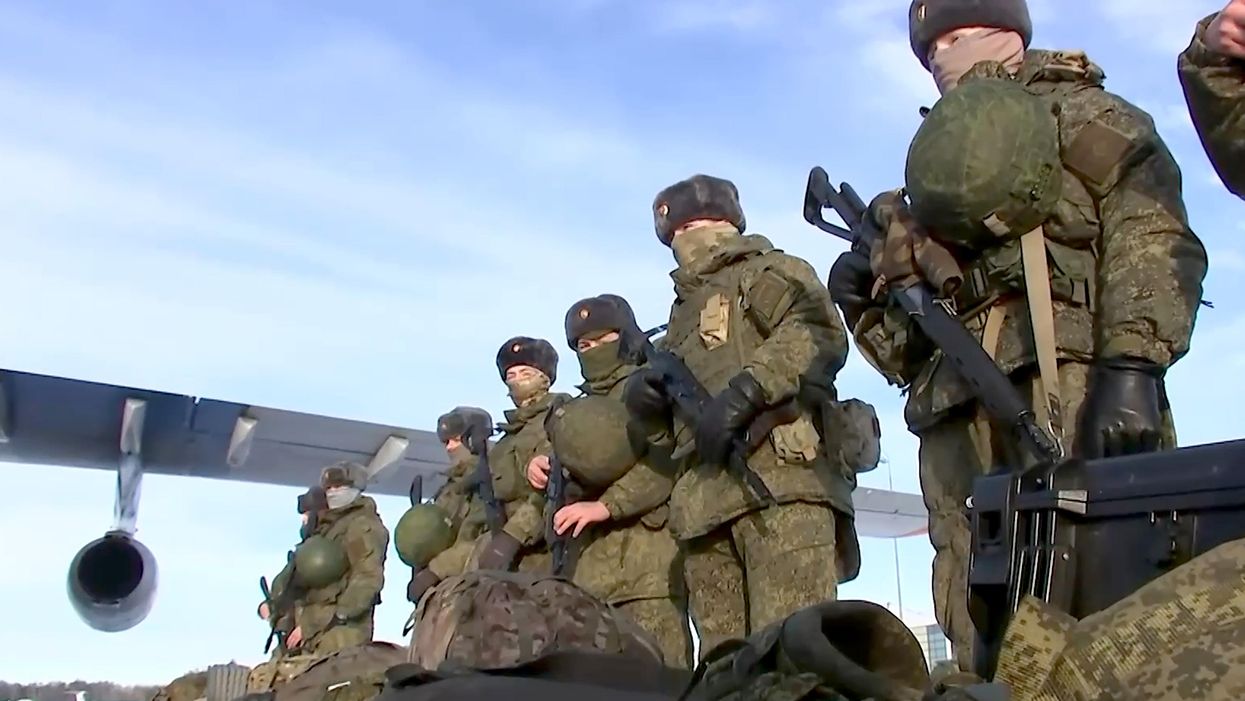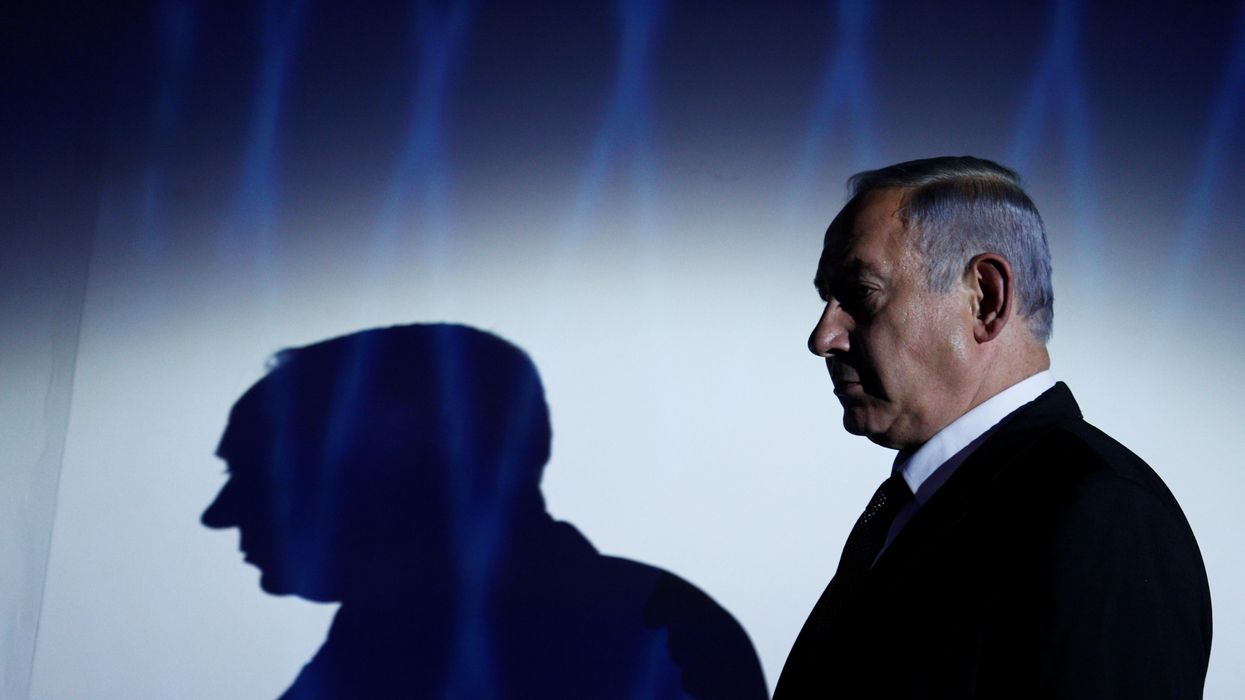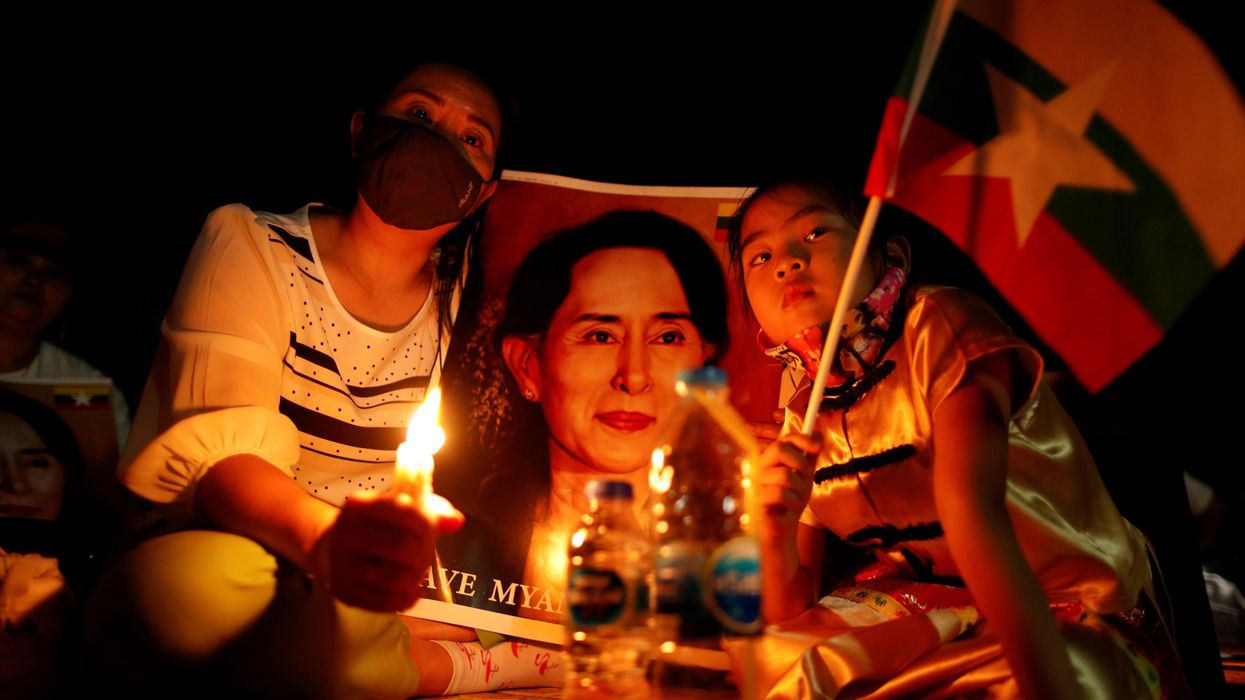News
The UN’s dangerous withdrawal from Mali
The UN this week laid out a timeline for withdrawing peacekeeping troops from the West African state of Mali – a mission that UN chief António Guterres has called “unprecedented” because of the vast logistical and security challenges.
Aug 29, 2023





